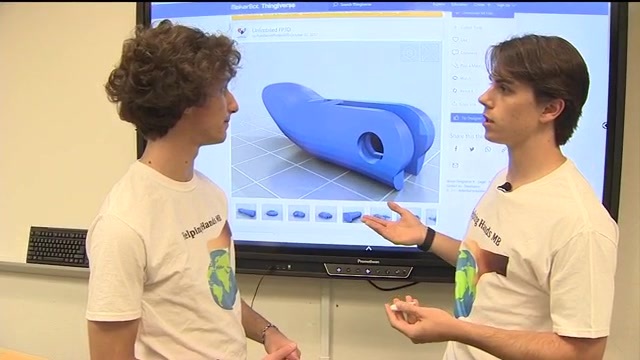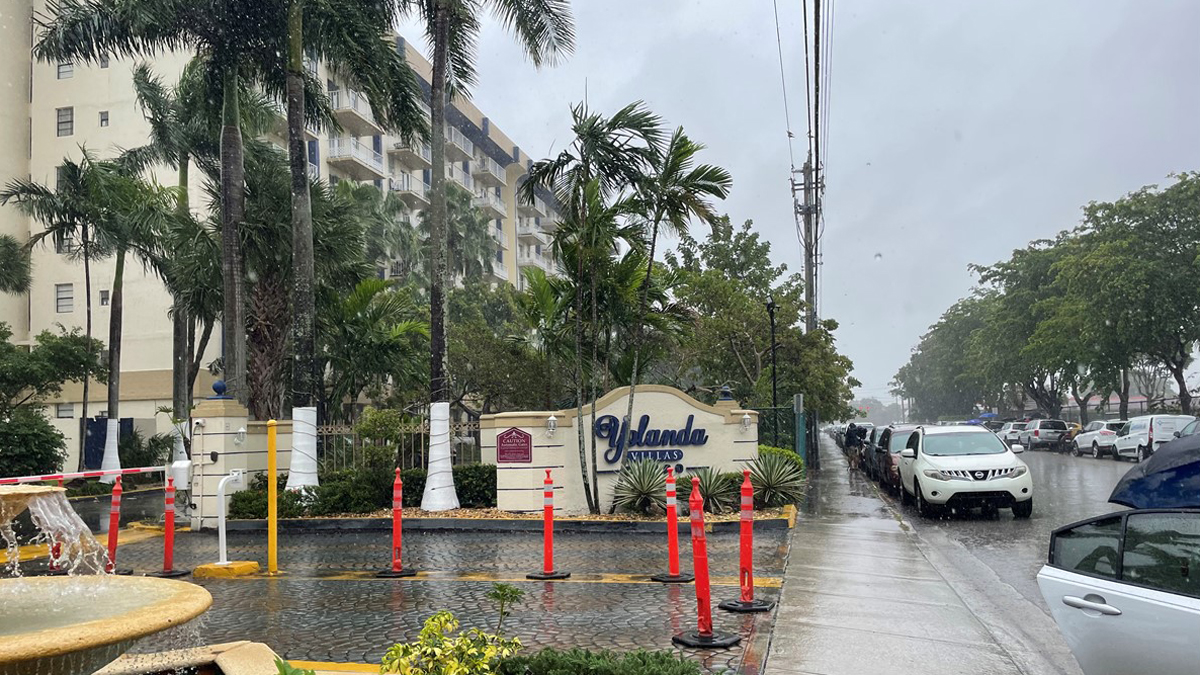Miami-Dade school board rejects declaring October LGBTQ History Month

The resolution also would direct the schools superintendent to explore providing 12th-grade teachers with resources to educate students on the 2015 U.S. Supreme Court decision that legalized same-sex marriage as well as the legal precedent for anti-discrimination laws. Teachers in lower grades would be free to reiterate “respect and support for LGBTQ students.”
The school board’s vote against the measure, which comes just one year after the body approved a similar resolution by a vote of 7-1, highlights the rapidly shifting political landscape in Florida as conservative parental rights groups have mobilized to erase any discussion of topics such as gender and racial inequality in school.
This year, DeSantis and Florida’s Republican-controlled legislature enacted a new law that prohibits schools from teaching students in kindergarten through third grade about topics involving sexual orientation or gender identity. Lessons for older grades must now be “age appropriate,” a vague term that is causing widespread confusion throughout the state about what teachers can say in the classroom or whether they can even display placards identifying their classrooms as “safe spaces” for students who may feel bullied.
An attorney for the school system told board members that he did not believe the proposed ordinance conflicted with the Parental Rights in Education law. But several school board members still cited the new ordinance, which critics have dubbed the “don’t say gay” law, in justifying their decision to reverse their previous support for LGBTQ History Month.
Before the vote, dozens of parents and community members crammed into the meeting room, including some men aligned with the far-right extremist group the Proud Boys.
“We are sitting talking about recognizing LGBTQ History Month. What does that mean exactly? What will be celebrated? … What will be depicted in our hallways?” asked Christi Fraga, a board member who opposed the resolution. “If we are going to allow the teachers to decide what can be taught inside the classroom during this time, that concerns me.”
The board’s decision outraged Democratic lawmakers and gay rights activists, who accused the leaders of the nation’s fourth-largest school system of suppressing South Florida’s own ties to the nation’s gay rights movement.
In the 1970s, gay rights activists in Miami sparred with Anita Bryant, a religious conservative who used South Florida to launch her nationwide campaign against anti-discrimination ordinances. Then in the 1980s during the AIDS epidemic, gay men flocked to Miami Beach, and helped develop it into a global tourism and entertainment destination.
“I am horrified, but I am not surprised given the turn that Florida has taken under Governor DeSantis,” said Michael Rajner, 51, a South Florida gay rights activist. “He has seemed to make the Sunshine State into a fascist state and is bringing us back into the Dark Ages.”
DeSantis’s office did not immediately respond to a request for comment on the vote.
Equality Florida, a gay rights advocacy group, also decried the school board’s decision.
“Tonight’s vote is one more proof point of the sweeping chilling effect of Florida’s discriminatory Don’t Say LGBTQ Law and the toxic anti-LGBTQ environment being fostered by Gov. DeSantis,” Joe Saunders, Equality Florida’s political director, said in a written statement.
Rajner said he worries the school board’s decision will further stifle discussion in the classroom of people who are LGBTQ — questioning, as an example, whether teachers who bring up Transportation Secretary Pete Buttigieg will be allowed to note that he is the nation’s first openly gay Cabinet member.
“Youth who are LGBT should have a role model to look up to, similar in ways that Barack and Michelle Obama have given hope to so many Black youths,” he said.
But Anthony Verdugo, executive director of the Miami-based Christian Family Coalition, a conservative political advocacy group, said Wednesday’s vote showcases how conservative parents are now speaking out in opposition to the teaching of issues in schools that don’t directly relate to “reading, writing and arithmetic.”
“Schools are there for education and not there for indoctrination,” said Verdugo, repeating debunked theories that children choose their sexual orientation based on their exposure to LGBTQ issues. “We celebrate the content of people’s character, not their sexual preference and not their sexual identity.”
Verdugo added he still supports other school district designations, such as Black History Month and Hispanic Heritage Month.
“Those are notable, morally neutral matters, “he said. “Matters of sex and sexual activity, those are not morally neutral.”
Verdugo noted Wednesday’s victory comes on the heels of conservatives’ success last month in winning two Miami-Dade school board seats, which he says will assure a new conservative majority when the new board is seated in November. He believes the outcome of that election also prodded the current board to reject the resolution.
“I don’t think the margin would have been great, and last night the parents, students and citizens showed up in force,” said Verdugo, who also played down the presence of the Proud Boys. “Individuals and groups have a right to speak out, on whatever issue drives them.”
At one point during the meeting, some of the parents in the audience began shouting at Andrea S. Pita Mendez, a 17-year-old high school senior who sits on the board as a nonvoting student adviser.
After stating she represents “the voice of 340,000 students,” Mendez began pushing back at board members’ assertion that their clients are district parents.
“They are not. They are the students,” Mendez said. “The parents are not because they don’t sit there for eight hours every day.”
As Mendez spoke, some members of the audience groaned and yelled at her, causing her to briefly halt her remarks.
When the outburst subsided, Mendez once again pleaded for the board to support the resolution.
“You are not in those hallways every single day. We are,” said Mendez, who is also the president of her student government association. “And our students told me they support this item. Students are allowed to make their own opinions about the information they learn.”


